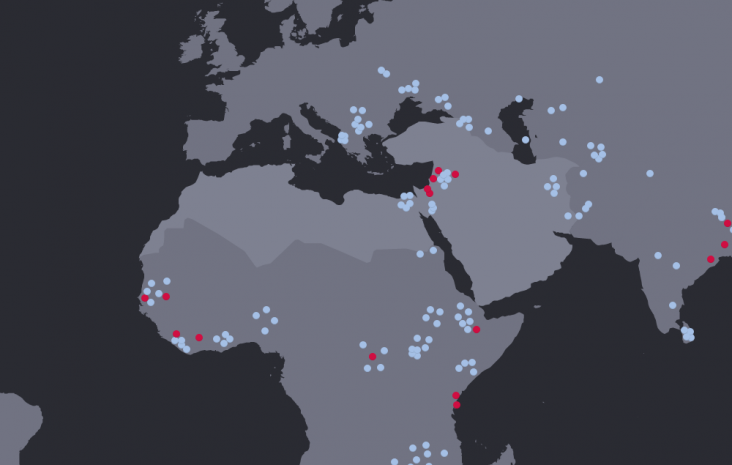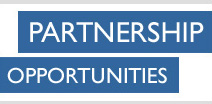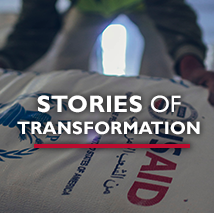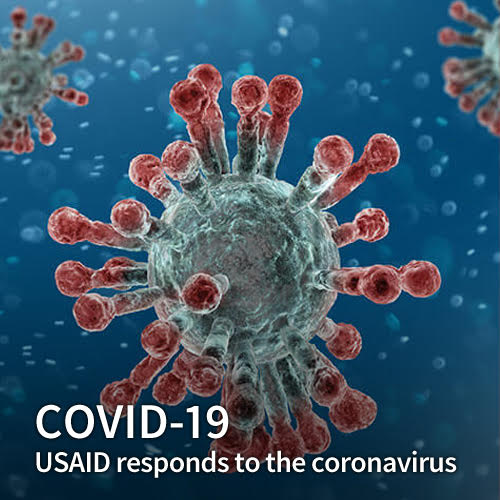Speeches Shim
Ten years after the Arab Spring, progress on democratic and economic reform is uneven across the Middle East and North Africa. There remains significant instability and social unrest in some countries while others, although relatively stable, face significant development challenges as well as negative impacts of both the COVID pandemic and on-going conflicts in neighboring countries. Despite popular protests in a number of countries, economic and political reforms are not yet broadly accepted by leaders as essential to national stability and prosperity.
Meanwhile, the COVID-19 wreckage to the human capacity and economies of the region is still playing out. Though most of MENA are middle income countries, they have limited fiscal resources and tools with which to ease the pain for their populations.
Hopes for positive change in the region have been dramatically increased with the recent reconciliation of a number of Arab states with the State of Israel under the Abraham Accords. These historic agreements, with more anticipated in the near future, offer extraordinary new opportunities to address long-standing obstacles to development in the region.
USAID’s priorities in the Middle East and North Africa fall within three areas:
- Supporting core U.S. national security objectives
- Mitigating the human impact of ongoing conflicts in the region
- Fostering inclusive development and reform
Dated economic, political, and social structures across much of the region increase the importance of USAID’s work with citizens, communities, local governments, the private sector, and civil society. Additionally, the humanitarian crises born of this political upheaval and exacerbated by the influence of malign actors make meaningful development in the region more challenging.
USAID manages regional programs in democracy and governance; peace and security; water security; education; health; economic growth; regional scientific cooperation; and geographic information systems. This important work addresses cross-border challenges, often through collaboration with regional institutions or networks. These regional initiatives complement the efforts of our bilateral Missions.





Comment
Make a general inquiry or suggest an improvement.